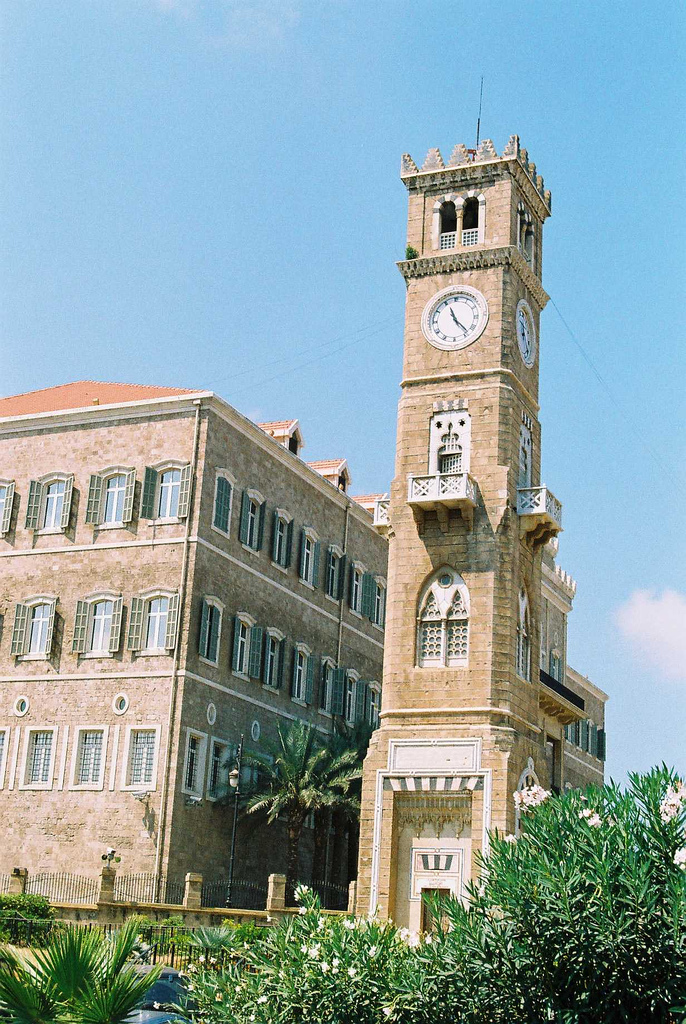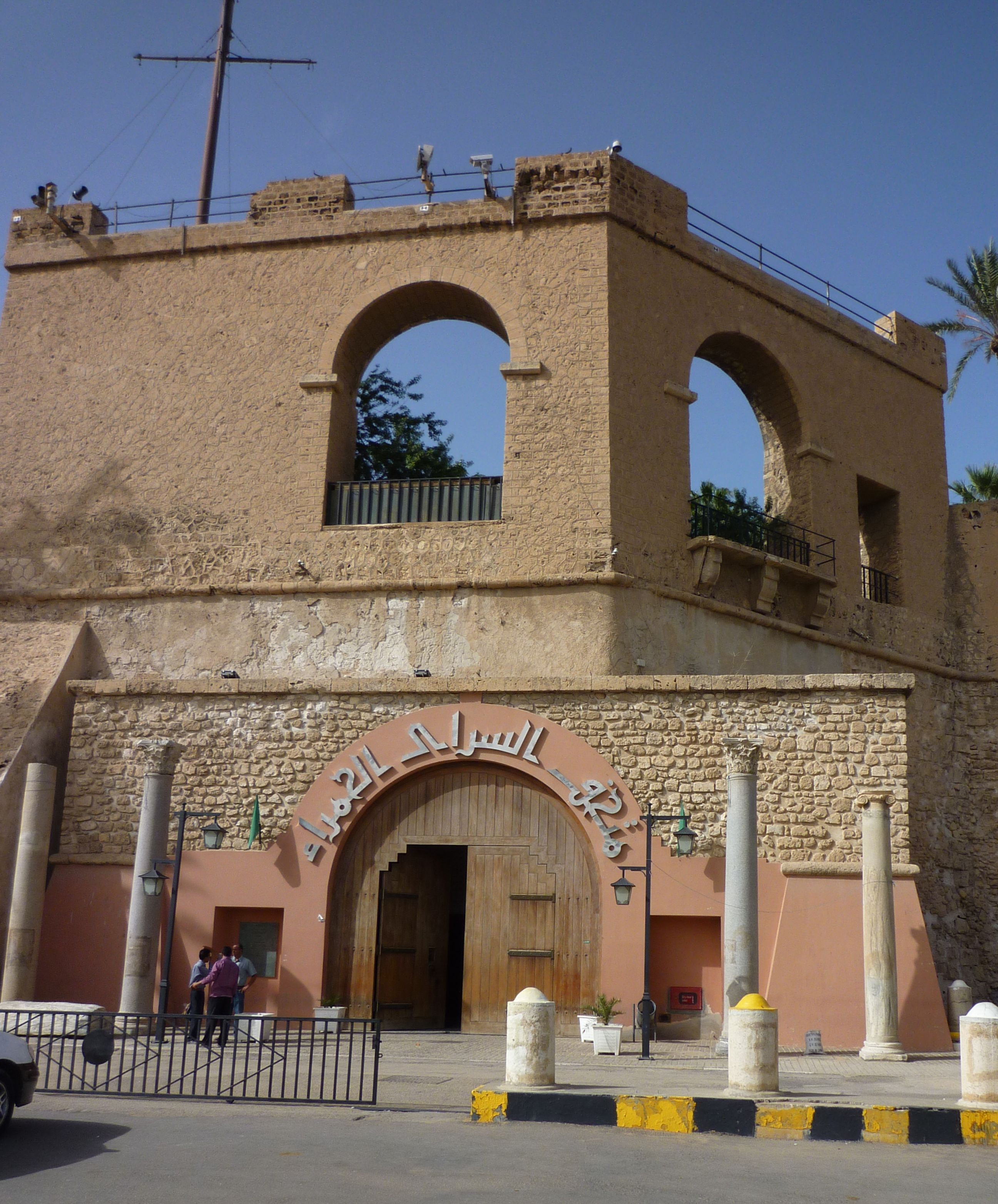Serraglio on:
[Wikipedia]
[Google]
[Amazon]


 A seraglio, serail, seray or saray (from fa, ž│ž▒ž¦█ī, sar─üy, palace, via
A seraglio, serail, seray or saray (from fa, ž│ž▒ž¦█ī, sar─üy, palace, via


 Besides the Topkap─▒ Palace ("The Seraglio"), the most famous seray is the
Besides the Topkap─▒ Palace ("The Seraglio"), the most famous seray is the
"The Etymology of "Ghetto": New Evidence from Rome"
''Jewish History'' 6 (1/2), The Frank Talmage Memorial Volume: 79ŌĆō85 Seraglio is also the name of the artificial island on which Mantua is located.


 A seraglio, serail, seray or saray (from fa, ž│ž▒ž¦█ī, sar─üy, palace, via
A seraglio, serail, seray or saray (from fa, ž│ž▒ž¦█ī, sar─üy, palace, via Turkish
Turkish may refer to:
*a Turkic language spoken by the Turks
* of or about Turkey
** Turkish language
*** Turkish alphabet
** Turkish people, a Turkic ethnic group and nation
*** Turkish citizen, a citizen of Turkey
*** Turkish communities and mi ...
and Italian) is a castle
A castle is a type of fortified structure built during the Middle Ages predominantly by the nobility or royalty and by military orders. Scholars debate the scope of the word ''castle'', but usually consider it to be the private fortified r ...
, palace
A palace is a grand residence, especially a royal residence, or the home of a head of state or some other high-ranking dignitary, such as a bishop or archbishop. The word is derived from the Latin name pal─ütium, for Palatine Hill in Rome which ...
or government building which was considered to have particular administrative importance in various parts of the former Ottoman Empire.
"The Seraglio" may refer specifically to the Topkap─▒ Palace, the residence of the former Ottoman sultan
The sultans of the Ottoman Empire ( tr, Osmanl─▒ padi┼¤ahlar─▒), who were all members of the Ottoman dynasty (House of Osman), ruled over the transcontinental empire from its perceived inception in 1299 to its dissolution in 1922. At its hei ...
s in Istanbul (known as Constantinople in English at the time of Ottoman rule).
The term can also refer to other traditional Turkish palaces (every imperial prince had his own) and other grand houses built around courtyards.
Etymology
The term ''seraglio'', from Italian, has been used in English since 1581. The Italian Treccani dictionary gives two derivations: # one via tr, seray or (with the variants ''seraya'' or ''saraya''), which comes from fa, ž│ž▒ž¦█ī, sar─üy, palace or, per derivation, the enclosed court for the wives and concubines of the harem of a house or palace (see ); # the other ŌĆö in the sense of enclosure ŌĆö fromLate
Late may refer to:
* LATE, an acronym which could stand for:
** Limbic-predominant age-related TDP-43 encephalopathy, a proposed form of dementia
** Local-authority trading enterprise, a New Zealand business law
** Local average treatment effect, ...
/ la-x-medieval, serraculum, derived from Classical Latin , , which comes from , .
The term may also be spelt ''serail'', via French
French (french: fran├¦ais(e), link=no) may refer to:
* Something of, from, or related to France
** French language, which originated in France, and its various dialects and accents
** French people, a nation and ethnic group identified with Franc ...
influence, based on the Italian term.
Harem
Since the Topkap─▒ Palace's harem (commonly known as "The Seraglio harem") grew in prominence and fame, the term saray/serail/seraglio began also being commonly used as a synonym of '' harem'', the sequestered living quarters used by wives and concubines in an Ottoman household.In Ottoman culture


 Besides the Topkap─▒ Palace ("The Seraglio"), the most famous seray is the
Besides the Topkap─▒ Palace ("The Seraglio"), the most famous seray is the Grand Serail
The Grand Serail ( ar, ž¦┘äž│ž▒ž¦┘Ŗ ž¦┘ä┘āž©┘Ŗž▒, ; french: Le Grand Serail; also known as the Government Palace) is the headquarters of the Prime Minister of Lebanon. It is situated atop a hill in downtown Beirut a few blocks away from the L ...
( ar, ž¦┘äž│ž▒ž¦┘Ŗ ž¦┘ä┘āž©┘Ŗž▒, Al-Sar─üy al-Kabir) in Lebanon, which is the headquarters of the prime minister. It is situated atop a hill in downtown Beirut a few blocks away from the Lebanese Parliament. The hill was the site of an Ottoman army base from the 1840s, which was built up, fortified, and expanded in the 1850s. At first it was known as ''al quishla'', from the Turkish word ''k─▒┼¤la'', meaning barracks.
Other examples include:
* the Grand Serail of Aleppo
The Grand Serail ( ar, ž│ž▒ž¦┘Ŗ žŁ┘äž© ž¦┘ä┘āž©┘Ŗž▒, french: Grand Serail d'Alep) was the former seat of the governor of the Syrian city of Aleppo. It was built between 1928 and 1933 to serve as the main government building in the city. It was ope ...
, in Syria
Syria ( ar, ž│┘Å┘łž▒┘É┘Ŗ┘Äž¦ or ž│┘Å┘łž▒┘É┘Ŗ┘Äž®, translit=S┼½riy─ü), officially the Syrian Arab Republic ( ar, ž¦┘äž¼┘ģ┘ć┘łž▒┘Ŗž® ž¦┘äž╣ž▒ž©┘Ŗž® ž¦┘äž│┘łž▒┘Ŗž®, al-Jumh┼½r─½yah al-╩╗Arab─½yah as-S┼½r─½yah), is a Western Asian country loc ...
; a French construction inspired to the Ottoman tradition.
* the Red Serail of Tripoli, in Libya. Located in central Tripoli
Tripoli or Tripolis may refer to:
Cities and other geographic units Greece
*Tripoli, Greece, the capital of Arcadia, Greece
* Tripolis (region of Arcadia), a district in ancient Arcadia, Greece
* Tripolis (Larisaia), an ancient Greek city in ...
, it also houses a museum.
* the new presidential palace of Turkey, completed in 2014, popularly called ''Ak Saray
The Presidential Complex ( tr, Cumhurba┼¤kanl─▒─¤─▒ K├╝lliyesi) is the presidential residence of the Republic of Turkey. The complex is located in the Be┼¤tepe neighborhood of Ankara, inside the Atat├╝rk Forest Farm and Zoo, Atat├╝rk Forest Farm ...
'' ("White Palace").
In Italy
In modern Italian the word is spelled . It may refer to a wall or structure, either for defence ŌĆö such as the Serraglio of Villafranca di Verona, a defensive wall built by the Scaligeri ŌĆö or for containment, for example of caged wild animals. The ghettoes established in many Italian cities following the promulgation by Pope Paul IV in 1555 of the papal bull '' Cum nimis absurdum'' were initially called , .Debenedetti-Stow, Sandra (1992)"The Etymology of "Ghetto": New Evidence from Rome"
''Jewish History'' 6 (1/2), The Frank Talmage Memorial Volume: 79ŌĆō85 Seraglio is also the name of the artificial island on which Mantua is located.
In popular culture
In the context of the '' turquerie'' fashion, the seraglio became the subject of works of art, the most famous perhaps being Mozart'sSingspiel
A Singspiel (; plural: ; ) is a form of German-language music drama, now regarded as a genre of opera. It is characterized by spoken dialogue, which is alternated with ensembles, songs, ballads, and arias which were often strophic, or folk-like ...
, '' Die Entf├╝hrung aus dem Serail'' (''The Abduction from the Seraglio''). In Montesquieu's '' Persian Letters'', one of the main characters, a Persian from the city of Isfahan
Isfahan ( fa, ž¦žĄ┘ü┘枦┘å, Esfah├ón ), from its Achaemenid empire, ancient designation ''Aspadana'' and, later, ''Spahan'' in Sassanian Empire, middle Persian, rendered in English as ''Ispahan'', is a major city in the Greater Isfahan Regio ...
, is described as an occupant of a seraglio.
Homophones
''Saraya'' is also used as a military unit title in the Arab world. In this case the Arabic is , a different word from "saraya" () as in a building. The etymology is also different from the building: The etymology of ž│ž▒┘Ŗž® is from Arabic and communicates the idea of a "private group". However the plural is (''saraya''), indistinguishable from the term "saraya" which is a variant (in the singular) of saray (the building). The normal translation for is ''company'' (military unit
Military organization or military organisation is the structuring of the armed forces of a state so as to offer such military capability as a national defense policy may require. In some countries paramilitary forces are included in a nation' ...
), but in the case of the Lebanese Resistance Saraya the term is often arbitrarily translated as ''brigades''.
Another example is the Syrian Defense Saraya.
See also
*Caravanserai
A caravanserai (or caravansary; ) was a roadside inn where travelers ( caravaners) could rest and recover from the day's journey. Caravanserais supported the flow of commerce, information and people across the network of trade routes covering ...
, another word involving ''saray'', is an inn or rest stop for caravans
* Sarayburnu (also known as Seraglio Point)
* Grand Serail
The Grand Serail ( ar, ž¦┘äž│ž▒ž¦┘Ŗ ž¦┘ä┘āž©┘Ŗž▒, ; french: Le Grand Serail; also known as the Government Palace) is the headquarters of the Prime Minister of Lebanon. It is situated atop a hill in downtown Beirut a few blocks away from the L ...
in Beirut, Lebanon, now the office of the prime minister of Lebanon
* '' The Abduction from the Seraglio'', opera singspiel by Mozart
Wolfgang Amadeus Mozart (27 January 17565 December 1791), baptised as Joannes Chrysostomus Wolfgangus Theophilus Mozart, was a prolific and influential composer of the Classical period (music), Classical period. Despite his short life, his ra ...
Notes and references
Notes
References
Bibliography
* {{Cite book , first = John , last = Freely , author-link = John Freely , title = Inside the Seraglio: Private Lives of the Sultans in Istanbul , year = 1999 Ottoman culture Concubines of the Ottoman Empire Harem ar:ž│ž▒ž¦┘Ŗ